Everything’s bigger in Texas: the stores, food, the cars—but for junior Gergő Major, the smiles he receives from passersby while strolling the streets of Austin have been the biggest. And although living nearly 6,000 miles away from his home of Budapest, Hungary, has been an adjustment, he says Southern hospitality has been the easiest thing to get used to.
“People are nicer here,” Major said. “When I’m walking down the street, everyone’s smiling at me and saying, ‘Hi, how are you?’”
Major is one of many international students at McCallum, some of whom moved to the States permanently and some of whom, like himself, are part of a foreign-exchange program. Major’s goal for his time away from home is to improve his language skills, connect with the community and learn to maneuver life away from home.
“I hope to become better at English, get to know the culture and make friends here,” Major said, “but I have to live without my friends and family, away from my old school, and I think that’s the hardest part.”
According to assistant principal Larry Featherstone, having a devoted host family and welcoming community at school eases the homesickness that many exchange students face.
“The host family takes them in and treats them like their own child, to give them the American [family] experience on that end,” Featherstone said, “and we try to make their experience here at McCallum as if we would any other teenager at our school.”
Andrea Rogers, McCallum’s data processor, remains impacted by the foreign-exchange students that stayed with her family over a decade ago. In fact, she enjoyed the experience so much that she did it two years in a row. The first student she took in, Ellena Thiel, still visits from Germany 10 years later.
“She was able to have that American experience,” Rogers said. “She made a lot of friends here, she loved all of her teachers, and she just had a wonderful time.”
The second foreign-exchange student to stay with the Rogers family, Janusz Karp, actually made a career of skills he honed during his time at McCallum.
“He took AV class and did very well,” Rogers said. “When he graduated and went back to Poland, he went to film school in Warsaw and he’s now working in the industry.”
Although some students like Karp are able to accumulate enough credits to graduate during their time in the United States, many international students actually gain no high school credits during their exchange year.
“A lot of times, their grades don’t transfer back to their home country,” Rogers said. “They’ve actually lost a year, and they need to make up that year when they go back. But what they gain is all kinds of experiences.”
According to Rogers, McCallum is the perfect place to provide those experiences.
“I think to have an American experience, McCallum would be the perfect school because we have demographics of every walk of life,” Rogers said. “We have all kinds of people, and I think that’s so valuable.”
Despite the possible loss of credits, Rogers believes that a year abroad is worth it.
“I’d say it’s a really good experience, even if they’re giving up a year of their school and they have to make it up,” Rogers said. “All in all, it’s a wonderful opportunity.”
To Featherstone, the value the exchange student program provides is mutually beneficial.
“We’ve had some phenomenal foreign-exchange students that have had great experiences, so we’re fortunate because of that,” he said. “It’s about the culture, and learning how we do things in the American way.”
There is still much to be learned from the world beyond the American bubble, however, especially from exchange students like Major. He hopes the European way will rub off on his American peers.
“There is actually one thing here that is very different in European culture, and that is openness [at school],” Major said. “[In Hungary] we don’t walk down the hallway with Airpods in our ears, we always talk to someone,” he said. “It would be nice if the students here were a little more open and I could get to know them more easily.”


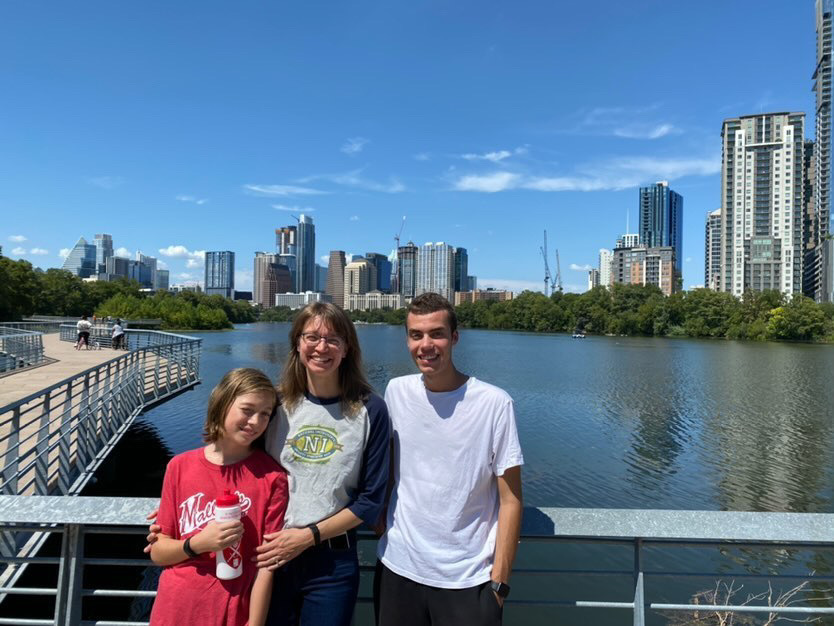
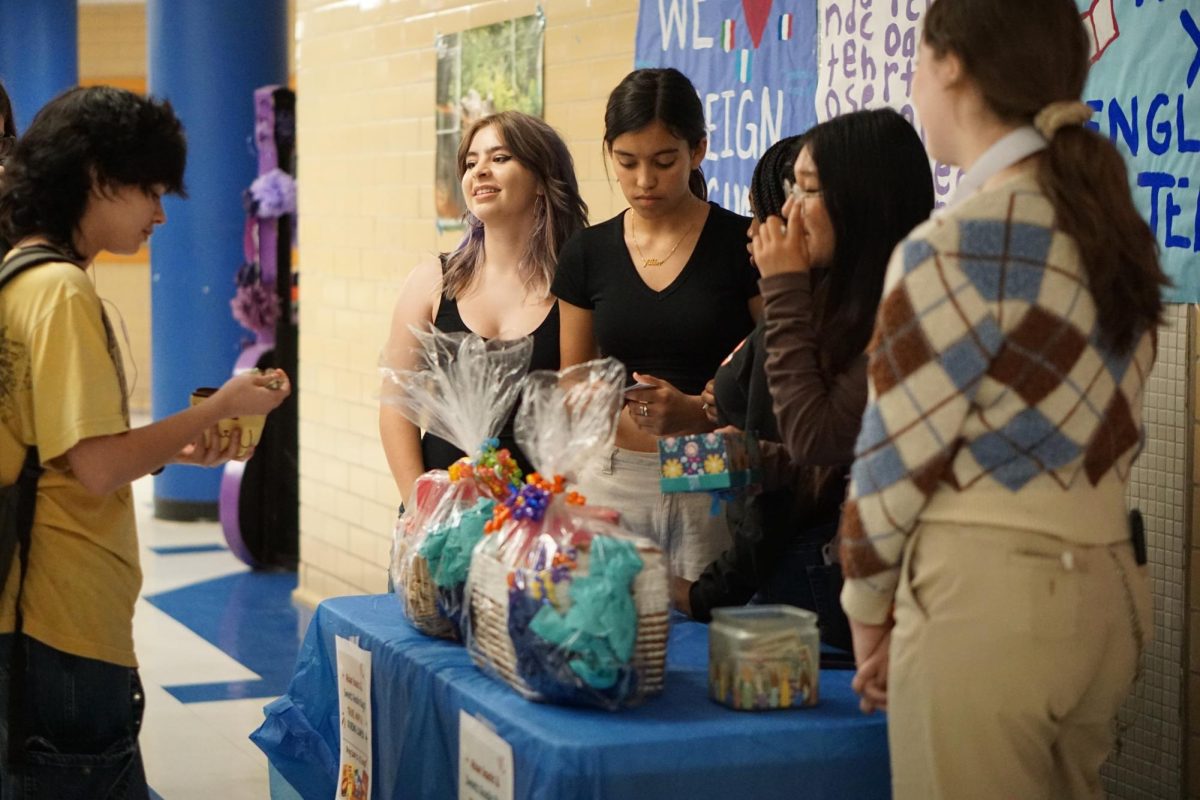

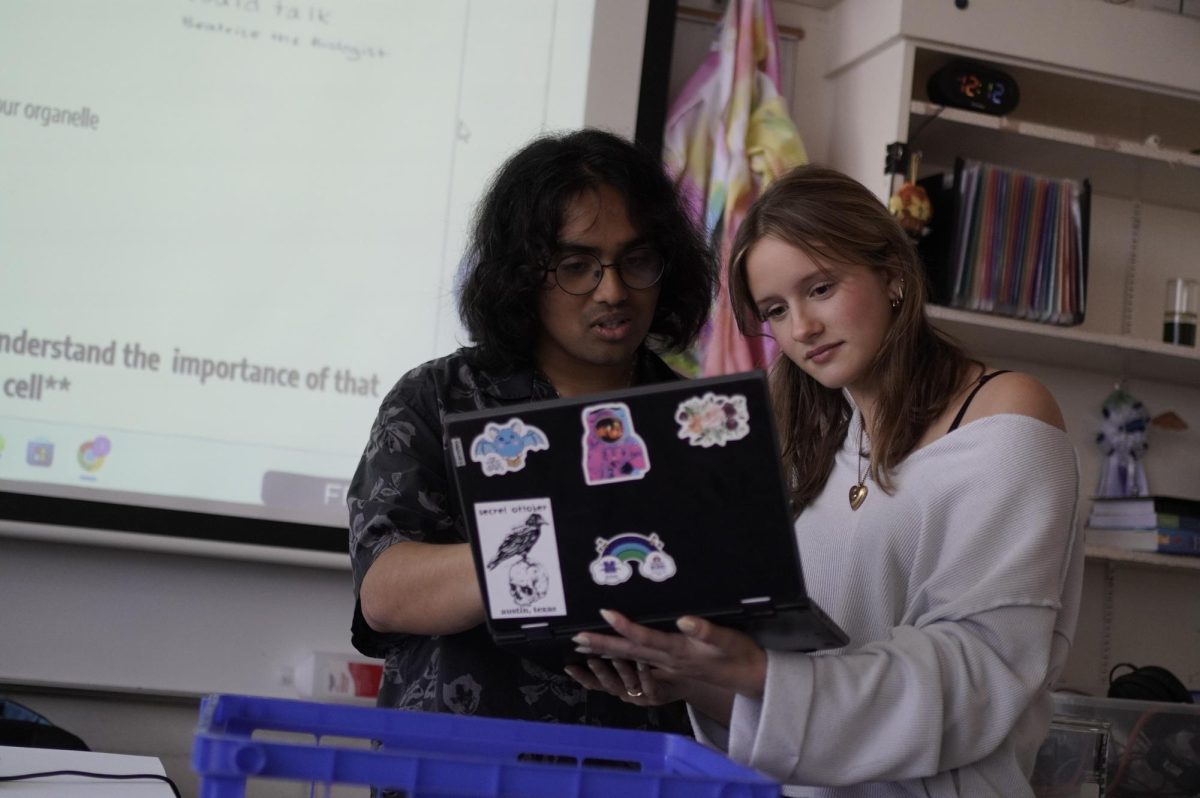
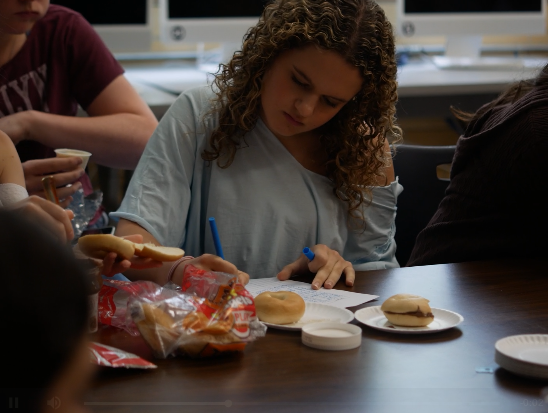
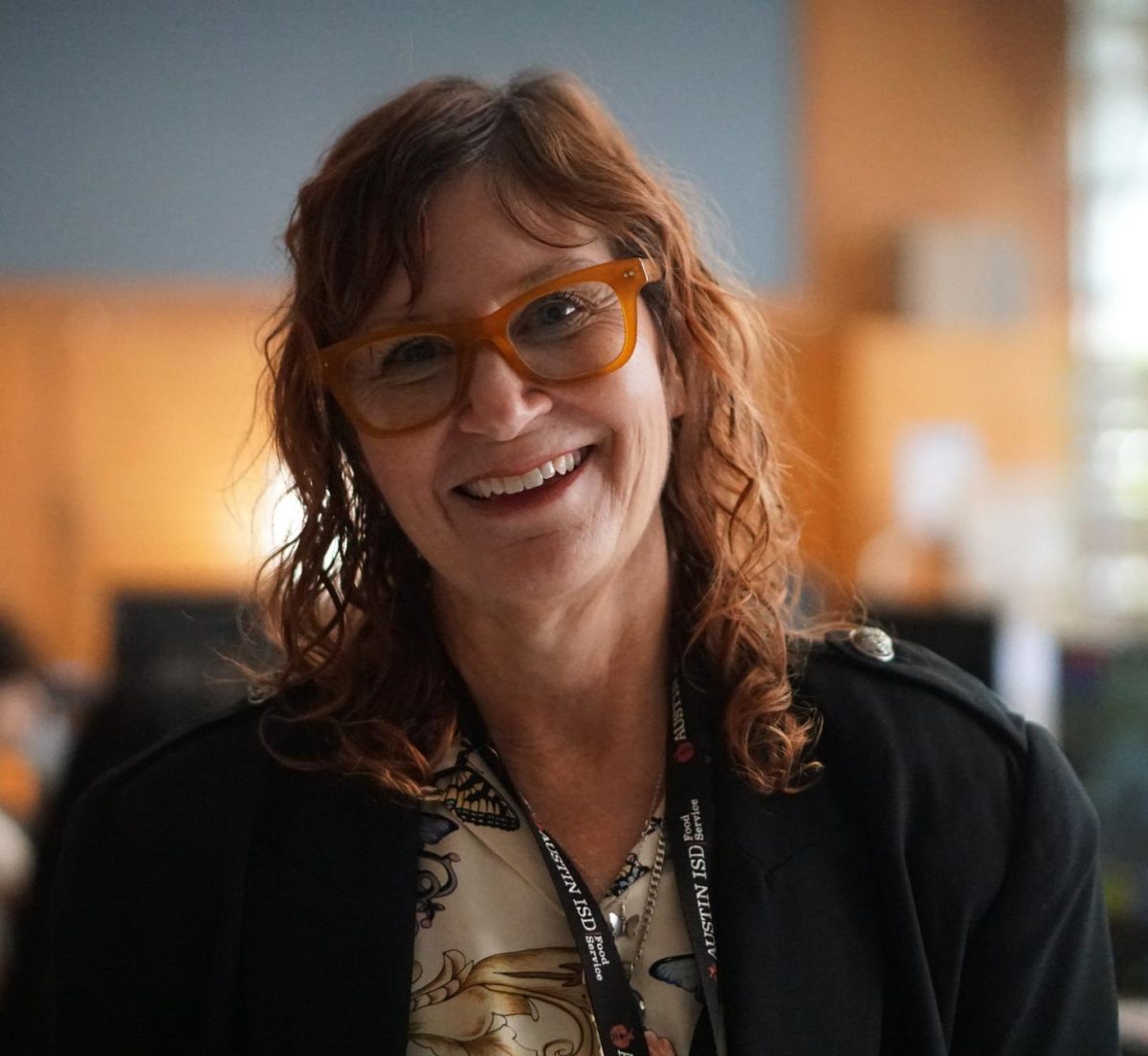
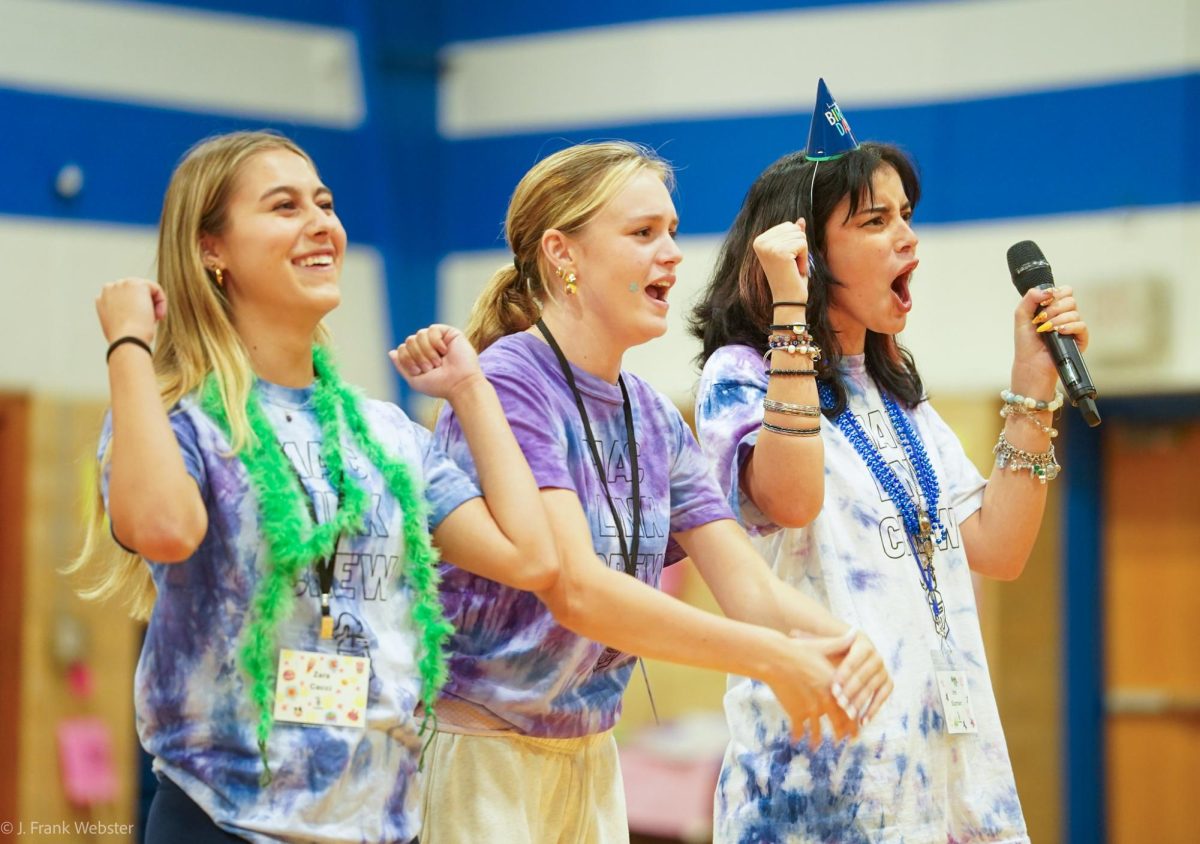
Marina Salaverria • Oct 25, 2022 at 12:46 am
aw, I remmember being in those situations and having the exact same thoughts. I miss it too much